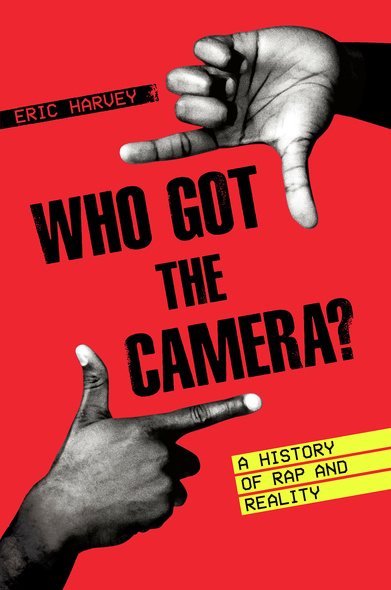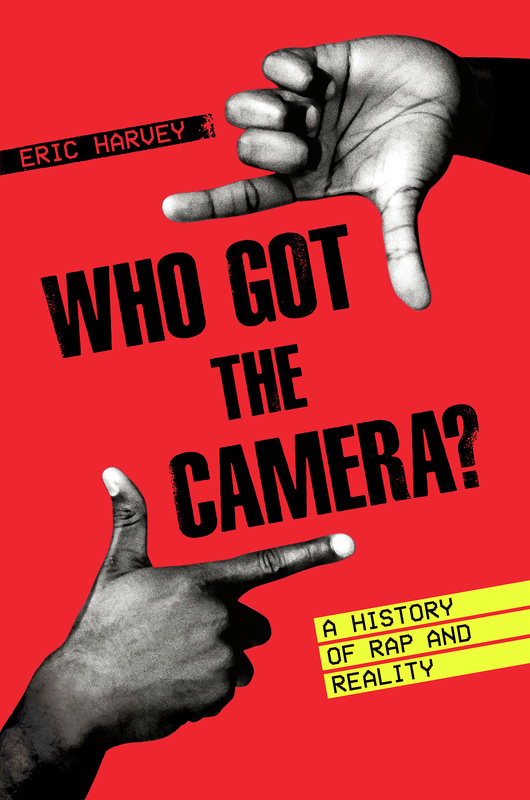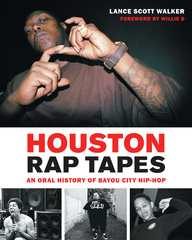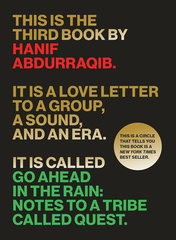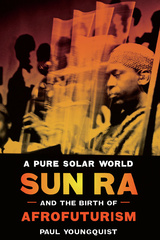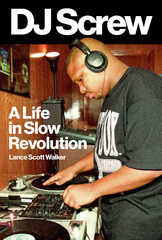Who Got the Camera?
A History of Rap and Reality
Reality first appeared in the late 1980s—in the sense not of real life but rather of the TV entertainment genre inaugurated by shows such as Cops and America’s Most Wanted; the daytime gabfests of Geraldo, Oprah, and Donahue; and the tabloid news of A Current Affair. In a bracing work of cultural criticism, Eric Harvey argues that reality TV emerged in dialog with another kind of entertainment that served as its foil while borrowing its techniques: gangsta rap. Or, as legendary performers Ice Cube and Ice-T called it, “reality rap.”
Reality rap and reality TV were components of a cultural revolution that redefined popular entertainment as a truth-telling medium. Reality entertainment borrowed journalistic tropes but was undiluted by the caveats and context that journalism demanded. While N.W.A.’s “Fuck tha Police” countered Cops’ vision of Black lives in America, the reality rappers who emerged in that group’s wake, such as Snoop Doggy Dogg and Tupac Shakur, embraced reality’s visceral tabloid sensationalism, using the media's obsession with Black criminality to collapse the distinction between image and truth. Reality TV and reality rap nurtured the world we live in now, where politics and basic facts don’t feel real until they have been translated into mass-mediated entertainment.
Who Got The Camera? is an essential read for anyone interested in classic Hip-Hop and American history.
[Who Got the Camera?] is a rich, readable history that underscores all the ways in which hip-hop served essential documentary function.
Harvey examines the reality entertainment and tabloid culture of the late ’80s into the ’90s, skillfully uncovering how gangsta rap—or 'reality rap,' as it was initially called—existed in dialogue with and in opposition to this kind of reportage.
A skilled and fascinating analysis tracing the interwoven threads of emerging media, hip-hop’s transformation from street art to commercial juggernaut, and Black civil rights in the United States. For scholars of, and readers with an interest in, any or all three.
Harvey's meticulously researched book reveals the symbiotic connection between rap's multiple overlapping messages and a sensationalist media culture's years-long campaign to portray young Black men as criminals, drug addicts and threats to US society. He...paints a fascinating mural of US culture, torn as it always is between prudence and Puritanism, condemning that which it eagerly consumes. His clear, vivid prose matches the energy of his subject matter, and he never falls into the academic trap of explaining what he's going to do instead of just doing it. This is a valuable work of history and cultural analysis that's also a blast to read.
[An] absorbing new book...Who Got the Camera? uses captivating narratives, carefully reasoned arguments, and a touch of humor to help readers fit rap music and rap artists with historical trends and tensions...Who Got the Camera? is a book crafted with great respect for both its subjects and for us, its readers. Harvey cares as much about revealing the meaning of the cultural phenomena so easily dismissed by most scholars as he does about good, clear prose.
[An] impressive work of media criticism...The book is an immersive and comprehensive case study with a wide depth and breadth of research subjects. It explores the vast intersections between the prominent rappers and television personalities who dominated American popular culture in the ’90s...Harvey indicts the media at large for speaking from a cop-first perspective across seven strong chapters...a profound work of cultural criticism. [Harvey] reveals exactly how media outlets have always sought to protect the powerful at the expense of the powerless.
Who Got the Camera? draws a line from [Gil] Scott-Heron to Kendrick Lamar — and focuses particularly on the era from the late '80s to the mid-1990s, from Straight Outta Compton (1988) to the 1997 death of the Notorious B.I.G. ... Who Got the Camera? is an important history of an incredibly important and complex point in American popular music, but it also points to the need to elevate Black women's voices in a discussion where they've too rarely been given platforms.
[An] absorbing and wide-ranging account of the changing parameters of what rap counts as real.
Harvey...does an excellent job in discussing not just the evolution of the culture of [the late ‘80s to the mid ‘90s], but also the evolving technology at the time...The real key to this book is that Harvey is able to write it all in such a way that it’s accesible to the average hip hop fan who’s curious about this history, but he’s not sacrificing any academic standards in the process. This book is thoroughly research and carefully plotted out to tell this history effectively.
An excellent history of music, media, and culture, Who Got the Camera? reminded me of Jeff Chang’s Can’t Stop, Won’t Stop as well as Andrew Hartman’s A War for the Soul of the Nation. Harvey is a skilled writer capable of unpacking and distilling complex ideas without sacrificing their depth. Significantly, he is also a polished storyteller, carefully hovering over moments that would become enormously important to the ways in which we came to understand culture, race, and free speech in the twenty-first century.
This exhaustively researched book becomes a page-turner as it untangles the way rap evolved with reality television, music corporations, tabloid media, and politicians seeking strawmen among some of hip-hop’s most important artists.
Eric Harvey is an associate professor in the School of Communications at Grand Valley State University. His writing has appeared in Pitchfork, The New Yorker, Rolling Stone, The Atlantic, The New Republic, The LA Review of Books, Buzzfeed, MTV.com, and The Village Voice.
Introduction: It’s Like That, and That’s the Way It Is
Chapter 1: Peace Is a Dream, Reality Is a Knife
Chapter 2: Don’t Quote Me, Boy, ’Cause I Ain’t Said Shit
Chapter 3: Get Me the Hell Away from This TV
Chapter 4: I’m Gonna Treat You Like King!
Chapter 5: Who Got the Camera?
Chapter 6: Stop Being Polite and Start Getting Real
Chapter 7: 2 of Amerikaz Most Wanted
Conclusion: Deeper Than Rap
Notes
Index

